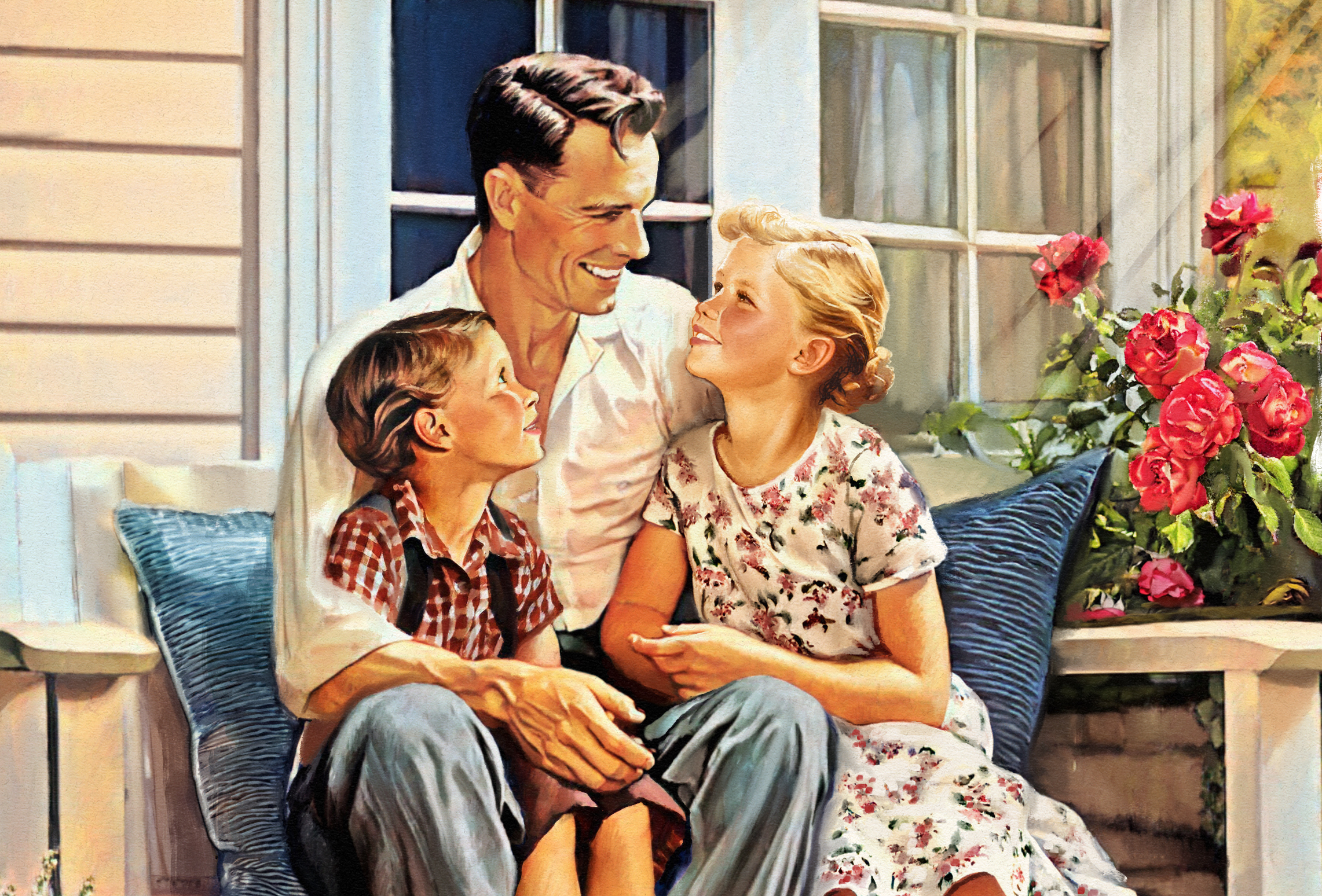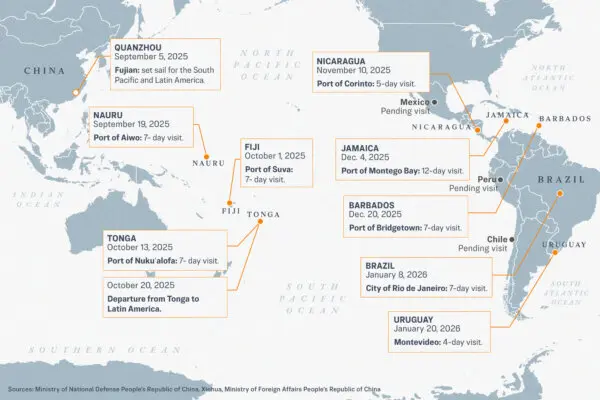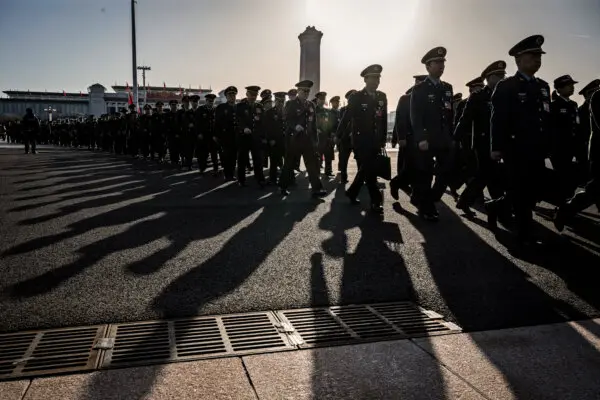The official celebration of Father’s Day in the United States is relatively new. Only in 1966 did President Lyndon Johnson issue a proclamation setting aside the third Sunday in June as a special day for honoring dads. In 1972, President Richard Nixon made Father’s Day an official national holiday.
This special day is our reminder to reflect on fatherhood. Daughters and sons who love and appreciate their fathers make this particular Sunday a party, gifting Dad with presents and cards, backyard barbecues, or visits to a restaurant. Children young and old who have lost beloved fathers to death bless them in their memories. On this day, many of those whose fathers deserted or mistreated them remind themselves to be better people and better parents.










